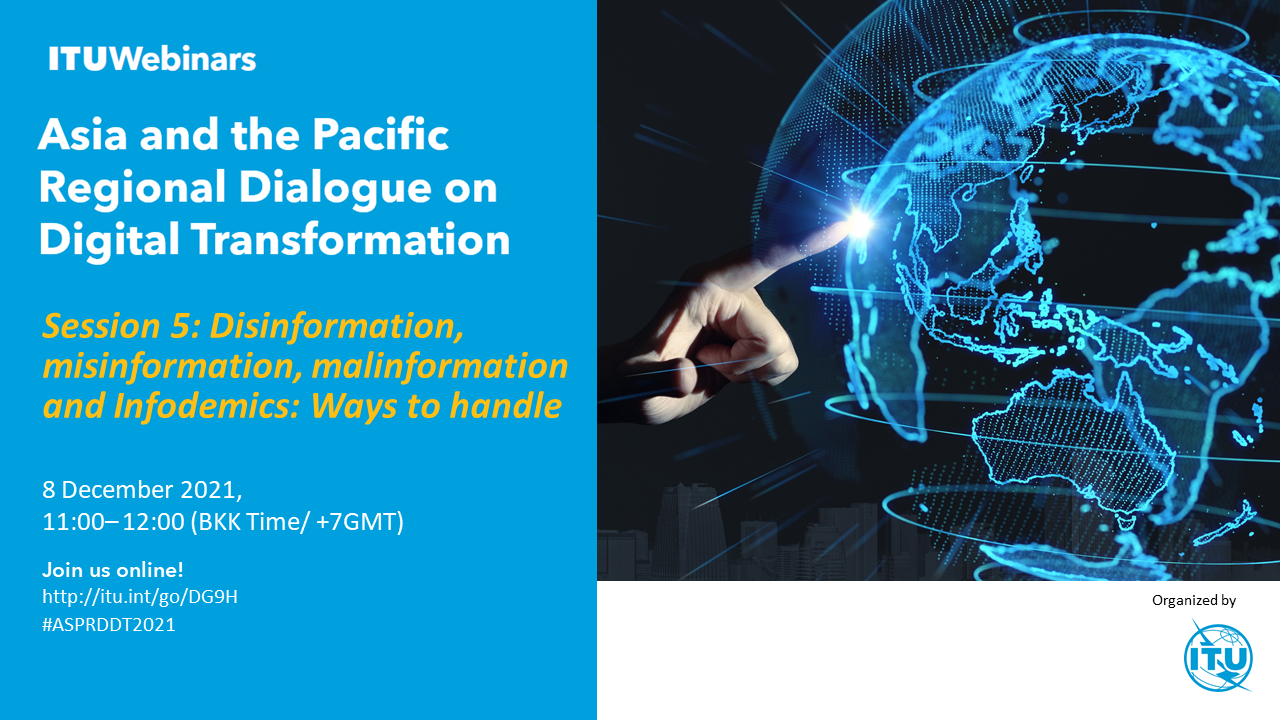
Introduction & Background
With the widespread deployment and use of information communication technologies such as social media, print media, over the top (OTT) services, “information” can be accessed or even received without consent. The volume of information has increased so much that at times it is difficult to differentiate right from wrong. Some of the information can cause harm to individuals and to society at large intentionally or unintentionally. UNESCO has divided harmful information into three categories
- Disinformation: Information that is false and deliberately created to harm a person, social group, organization or country.
- Misinformation: Information that is false but not created with the intention of causing harm.
- Mal-information: Information that is based on reality, used to inflict harm on a person, social group, organization or country.
These topics have been identified in the context of journalism but apply to general information sharing by others also. To address these problems UNESCO has developed the “A Handbook for Journalism Education and Training.” The handbook addresses topics like why trust matters; thinking critically about how digital technology and social platforms are conduits of the information disorder; fighting back against disinformation and misinformation through media and information literacy; fact-checking 101; social media verification and combatting online abuse. This session will introduce the manual and discuss the different approaches to address the above mentioned issues.
The dependency on the Internet and online platforms have further increased during the times of COVID-19 pandemic. Information (both right and wrong) have been created and is spreading around in great number, starting “infodemics” a term which is referred to overabundance of information, both online and offline. This includes deliberate attempts to disseminate wrong information to undermine the public health response and advance alternative agendas of groups or individuals.2 Several countries and private sector companies have developed comprehensive strategies that will also be discussed in this session.
Objective
- To provide an overview of UNESCOs efforts the issues of Misinformation, disinformation and Malinformation
- To share best practices to address the issue of Infodemics by the government and the private sector